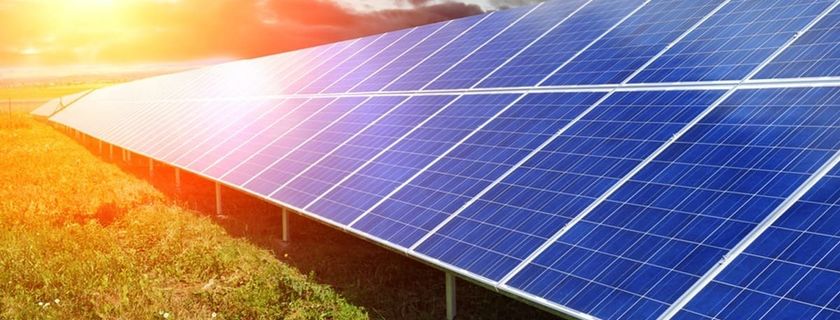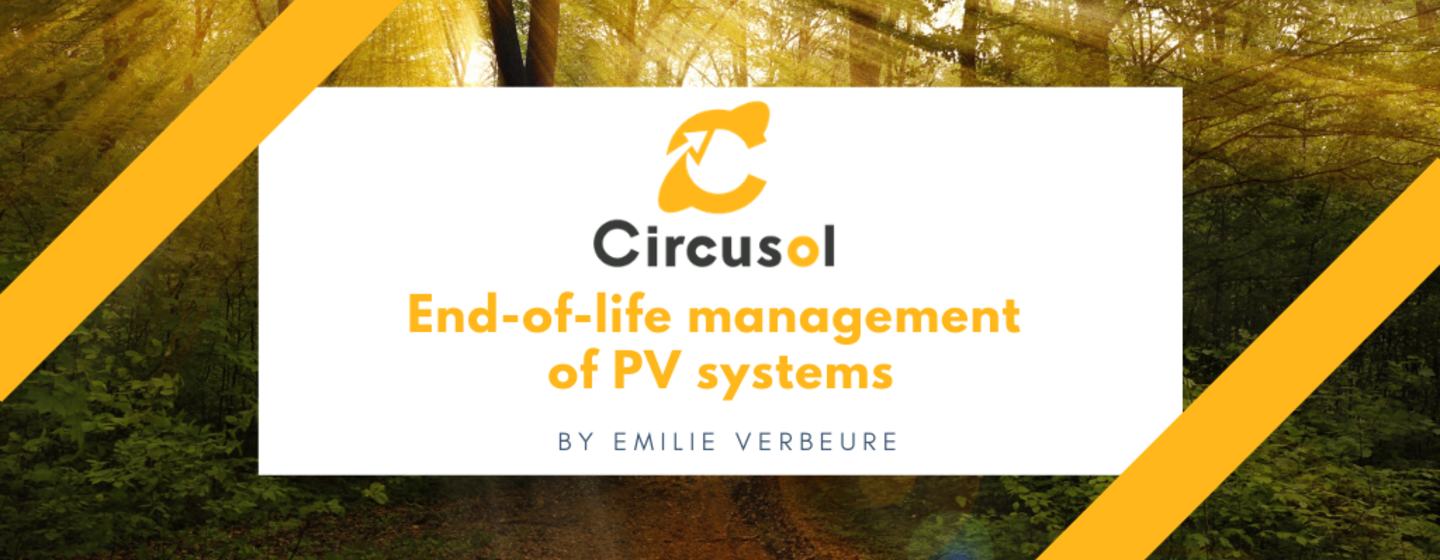
CIRCUSOL: Solar power business models towards a circular economy in Europe (PRESS RELEASE)
CIRCUSOL: Solar power business models towards a circular economy in…

Since solar panels have a long lifespan of no less than 25 years, the recycling of the panels has not been a concern until now. However, it is predicted that a lot of solar modules will be discarded between 2025 and 2030. By 2050, it is estimated that around 60 million tons of PV waste will be lying in landfills. End-of-life (EOL) management is, therefore, becoming an important topic in the PV value chain. Below will be given a small overview of the current legislation on PV waste at the European level.
In the European Union, the treatment of electrical and electronic waste at the end of their life cycle is regulated by the Waste Electrical and Electronic Equipment Directive (the WEEE). Since 13 August 2012, the recast WEEE provides a legislative framework for extended producer responsibility (EPR)* of PV modules at European scale. Henceforth, PV components will be included in the electronic waste management system and must be collected and recycled by the original producers of the solar components. This EPR also includes the fact that end consumers must not pay additional costs at the moment of the disposal.
*EPR is a policy approach under which producers are given a significant responsibility – financial and/or physical – for the treatment or disposal of post-consumer products. Assigning such responsibility could in principle provide incentives to prevent wastes at the source, promote product design for the environment and support the achievement of public recycling and materials management goals. For more information, see: www.oecd.org/env/tools-evaluation/extendedproducerresponsibility.htm.
According to the WEEE, there are several natural or legal persons who qualify as producers of PV modules and are therefore responsible for processing the EOL panels. These definitions could be further qualified by the upcoming national legislation. Producers are, among others:
In line with the WEEE Directive, producers must comply with certain obligations, including:

Nevertheless, the WEEE has left a lot of decision-making room for the Member States. For example, the Member States themselves decide how the take-back obligation is organised and executed. As there is also no article in the WEEE that defines what is considered as PV waste, it is also up to the Member States to decide on this. For example, Flanders has merely adapted the waste definition from the Waste Framework Directive to PV modules (“solar panels which the holder discards, intends to discard or is required to discard”). However, as will be shown in a subsequent article, this will be problematic for the reuse of second-hand solar panels.
ABOUT THE AUTHOR: Emilie Verbeure obtained her law degree at the KU Leuven with the specialization in International & European law. She then proceeded with the master’s studies in Environmental Sciences at the University of Antwerp where she conducted research on the legal considerations, possibilities and barriers for PSS in the photovoltaic sector made in the context of the European project CIRCUSOL, in collaboration with VITO. She currently works as a lawyer at Flemish Energy Agency.
FRANCO, M., GRÖSSER, S., TSANAKAS, I., LEMAIRE, E. and WANG, K., ‘A systematic literature review of the photovoltaic and electric vehicle battery value chains for the development of a circular economy in the PV industry’, 2018.
SOLAR WASTE, ‘PV Waste & Legislation - Solar Waste / European WEEE Directive’, s.d., http://www.solarwaste.eu/pv-waste-legislation/ (Accessed 18 July 2019).

CIRCUSOL: Solar power business models towards a circular economy in…